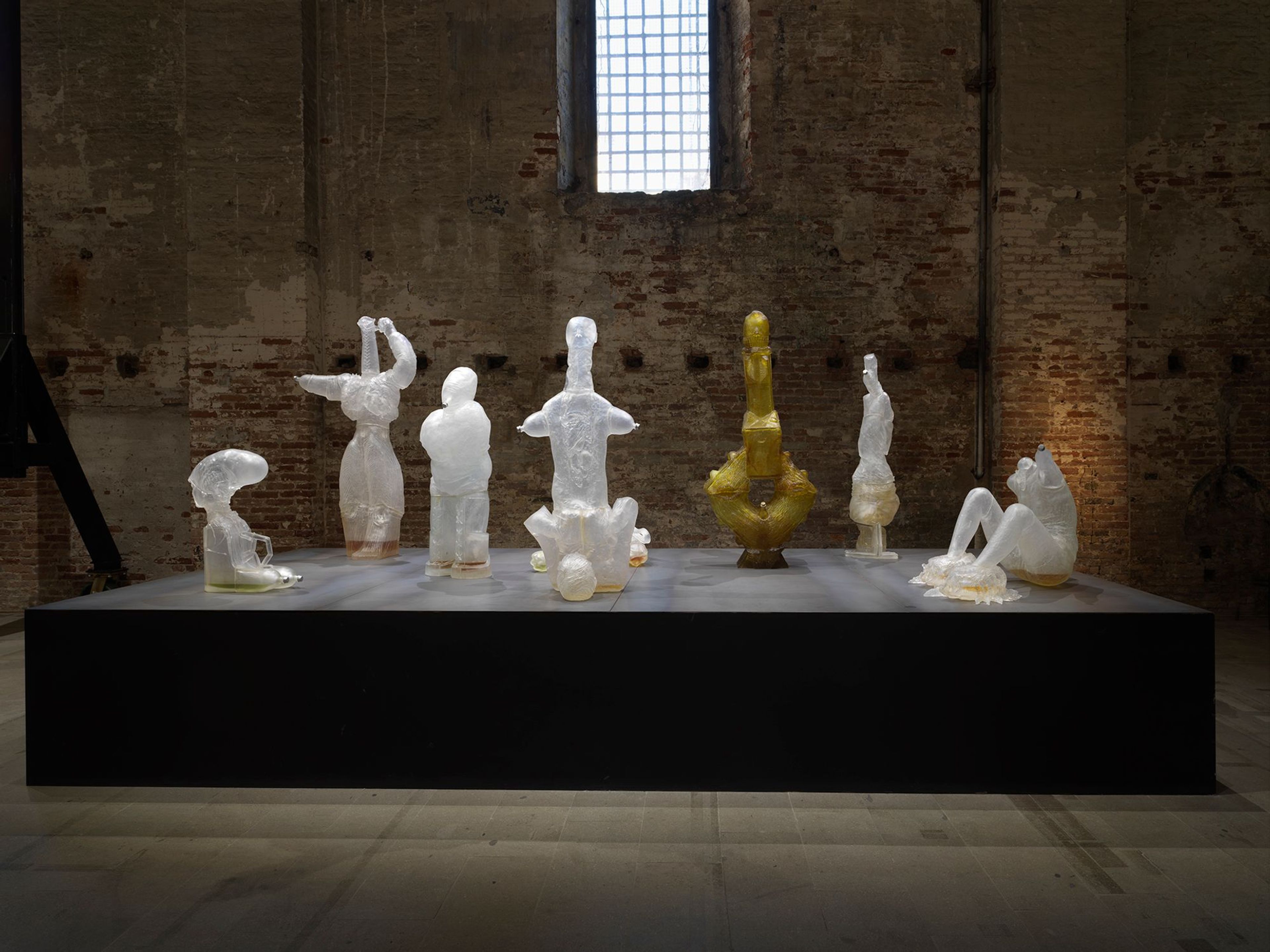Central Pavilion, Venice
May-November 2019
The 58th International Art Exhibition, titled May You Live In Interesting Times, is curated by Ralph Rugoff and organized by La Biennale di Venezia chaired by Paolo Baratta.
Ralph Rugoff states, “May You Live in Interesting Times will no doubt include artworks that reflect upon precarious aspects of existence today, including different threats to key traditions, institutions and relationships of the ‘post-war order.’ But let us acknowledge at the outset that art does not exercise its forces in the domain of politics. Art cannot stem the rise of nationalist movements and authoritarian governments in different parts of the world, for instance, nor can it alleviate the tragic fate of displaced peoples across the globe, whose numbers now represent almost one percent of the world’s entire population.”
“But in an indirect fashion, perhaps art can be a kind of guide for how to live and think in ‘interesting times.’ The 58th International Art Exhibition will not have a theme per se, but will highlight a general approach to making art and a view of art’s social function as embracing both pleasure and critical thinking. The exhibition will focus on the work of artists who challenge existing habits of thought and open up our readings of objects and images, gestures and situations. Art of this kind grows out of a practice of entertaining multiple perspectives: of holding in mind seemingly contradictory and incompatible notions, and juggling diverse ways of making sense of the world. Artists who think in this manner offer alternatives to the meaning of so-called facts by suggesting other ways of connecting and contextualizing them. Animated by boundless curiosity and puncturing wit, their work encourages us to look askance at all unquestioned categories, concepts and subjectivities. It invites us to consider multiple alternatives and unfamiliar vantage points, and to discern the ways in which ‘order’ has become the simultaneous presence of diverse orders.”
Learn more at the Venice Biennale.
